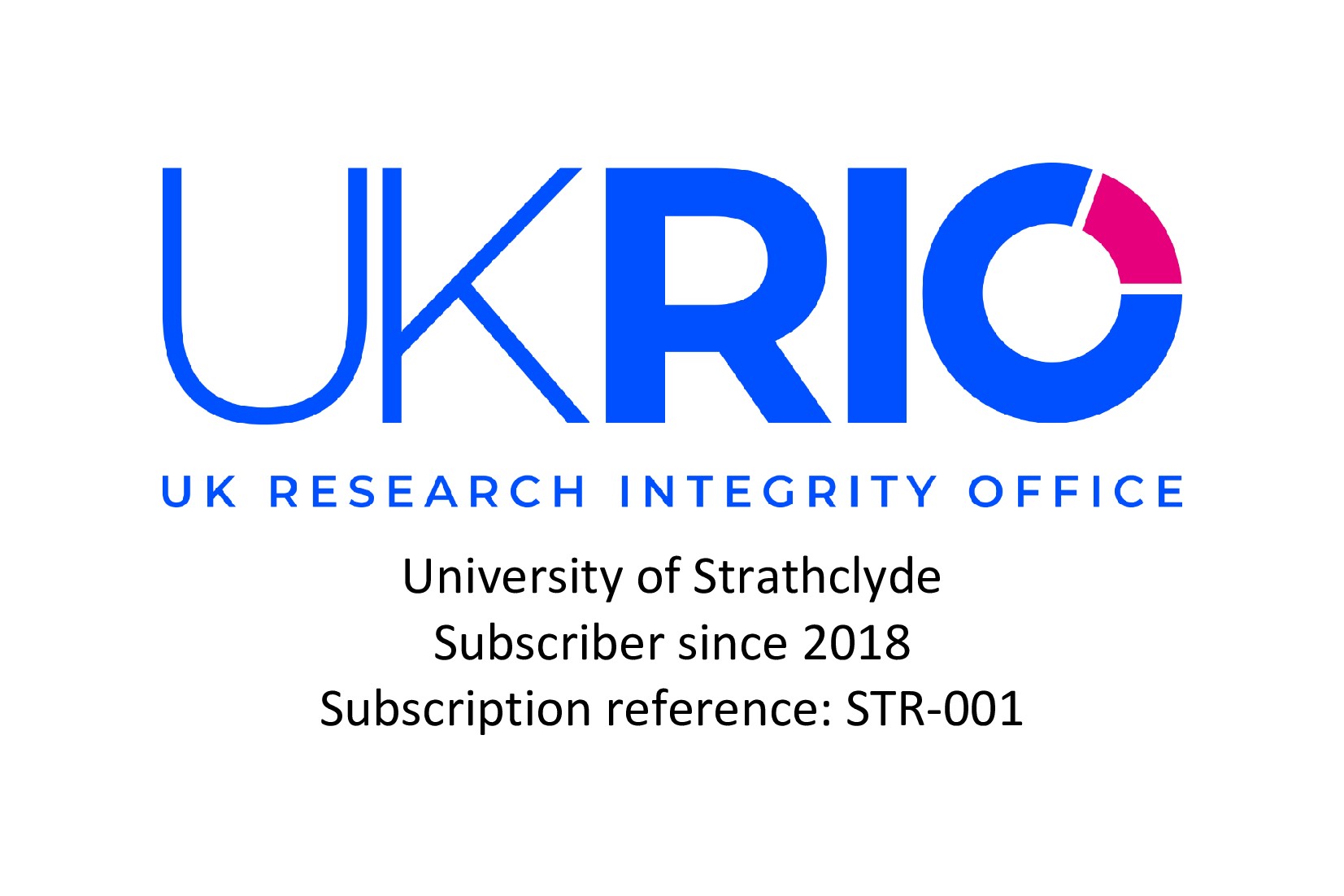The term 'Trusted Research' was coined by the UK's National Protective Security Authority (NPSA) as a means to have conversations around issues in integrity with regard to the system of international research collaboration with the intention of helping the UK’s world-leading research and innovation sector get the most out of international scientific collaboration whilst protecting intellectual property, sensitive research and personal information
The NPSA uses the concept of Trusted Research to:
- Outline the potential risks to UK research and innovation
- Help researchers, UK universities and industry partners to have confidence in international collaboration and make informed decisions around those potential risks
- Explain how to protect research and staff from potential theft, misuse or exploitation
While the NPSA, specifically directs its attention to STEM subjects, dual-use technologies, emerging technologies and commercially sensitive research areas, at Strathclyde we believe that the questions posed by Trusted Research (including the appropriate levels of security for data, ensuring separation of IP between projects and conflicts of interest in receiving funding) should be part of the normal research design process and best practice.
The NPSA have produced some useful pdfs (Trusted Research Guidance for Academia and Trusted Research Checklist for Academia) to help guide self-questioning alongside their website which has a wealth of information.
Strathclyde staff can find further guidance on Trusted Research & Innovation considerations which may apply to research projects on the RKES Portal.

